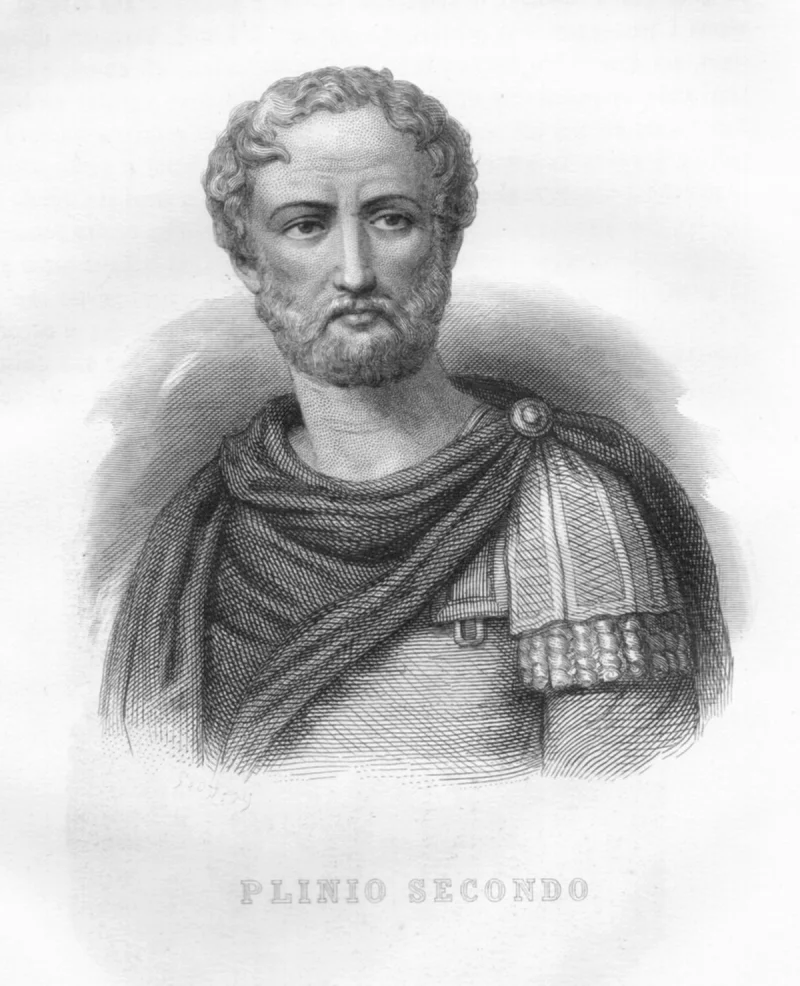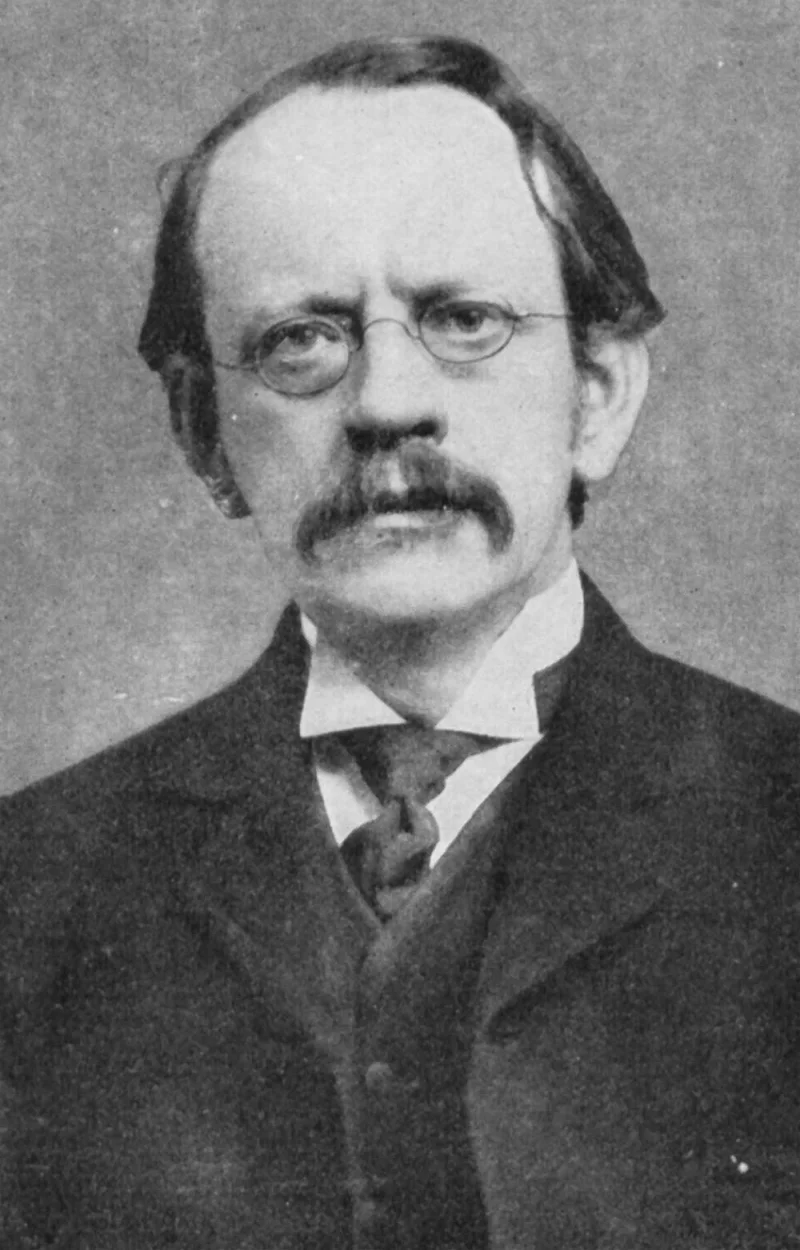Short Summary
Pliny the Elder was a Roman author, naturalist, and philosopher, best known for his encyclopedic work, "Naturalis Historia," which is considered one of the largest single works to survive from the Roman Empire. His writings covered a vast array of topics, including geography, biology, and mineralogy, and served as a foundational text for many future scholars. Pliny's dedication to knowledge and exploration of the natural world left a lasting impact on the fields of science and literature.
Early Life & Education
Pliny the Elder was born as Gaius Plinius Secundus in AD 23 in the town of Como, located in the northern part of Italy. He came from a prosperous equestrian family, which enabled him to receive a high-quality education in Rome. He studied under notable teachers and was exposed to a variety of subjects, including rhetoric, literature, and law. This diverse education sparked his lifelong interest in the natural world and the sciences. His uncle, Pliny the Younger, who would later become a renowned author himself, was among his family influences.
Career Highlights
Pliny embarked on a military career, serving as an officer in the Roman army, which took him to various parts of the Roman Empire. This experience allowed him to observe different cultures and natural phenomena, which he later documented in his writings. After his military service, he held several administrative positions in the Roman government, where he continued his scholarly pursuits. His most significant contribution to literature, "Naturalis Historia," was completed during this period, showcasing his extensive research and observations on the natural world.
Major Achievements
- Authored "Naturalis Historia," an ambitious work covering a wide range of topics, which became a reference for scholars for centuries.
- Served as a naval and military commander in the Roman army, gaining firsthand knowledge of various regions and phenomena.
- Held several important administrative roles within the Roman government, contributing to his understanding of Roman society and its functions.
Famous Quotes
- "True glory consists in doing what deserves to be written, in writing what deserves to be read."
- "In these matters the only certainty is that nothing is certain."
Interesting Facts
- Pliny died during the eruption of Mount Vesuvius in AD 79, while attempting to rescue friends and study the phenomenon.
- His work "Naturalis Historia" consists of 37 books and covers topics ranging from astronomy to agriculture.
- Pliny's observations on minerals and gems were referenced in medieval and Renaissance texts on geology and mineralogy.
- He was a close friend of the Roman Emperor Vespasian and often accompanied him on official duties.
- Pliny's nephew, Pliny the Younger, documented his uncle's death in a series of letters, providing valuable historical insight.
Legacy / Influence
Pliny the Elder's "Naturalis Historia" served as an essential reference for scholars in the Middle Ages and the Renaissance. His comprehensive approach to describing natural phenomena influenced future generations of scientists and writers. The work's scope and ambition demonstrated the importance of systematic observation and documentation in scientific inquiry, leaving a lasting legacy in the fields of natural history and the study of the natural world.
FAQ
Q: Why is Pliny the Elder famous?
A: Pliny the Elder is famous for his encyclopedic work "Naturalis Historia," which extensively covered various scientific and natural topics.
Q: How did Pliny the Elder die?
A: He died during the eruption of Mount Vesuvius in AD 79, while attempting to rescue friends and study the volcanic activity.
Q: What subjects did "Naturalis Historia" cover?
A: The work covered a wide range of subjects, including astronomy, geography, biology, mineralogy, and art.












